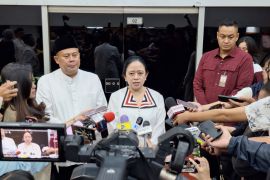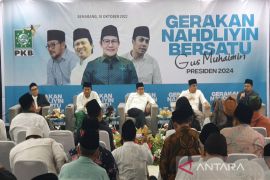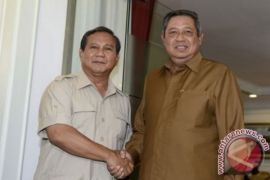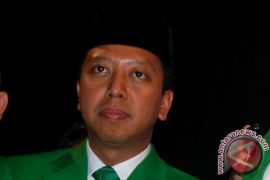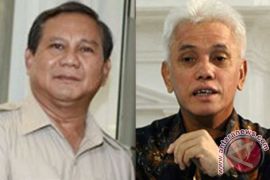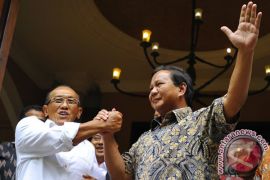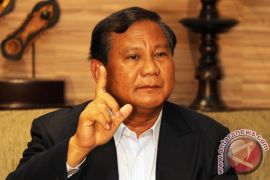"It is part of partys support toward gender equality and improvement of womens roles in every aspect of life," Suhardi explained.
According to him, the role of women had recently improved but, at the same time, inequality still prevails. Therefore, he supported the participation of women not only in government positions but also in the parliament.
Suhardi pointed out that another important factor in increasing the quality of womens participation in the country was to apply public policies with gender sensitivity.
Gerindra is among the 12 political parties that participated in the 2014 parliamentary and presidential elections. The parliamentary election was held on April 9, while the presidential election will be held on July 9. For the presidential election, Gerindra has named its chief patron Let Gen (ret) Prabowo Subianto as its presidential candidate.
Meanwhile, out of Indonesias total population of over 245 million people, women occupy around 18.2 seats in the House of Representatives (DPR) based on the results of the 2009 general elections. While, based on the World Bank 2011 data, women constitute 50.14 percent of the countrys total population.
Previously, in the 2004 general elections, women representation in the Indonesian parliament was just about 11 percent.
The United Nations (UN) reported that at present, women constitute 20.4 percent of the members of parliaments around the world.
Today, Rwanda superseded Sweden as number one in the world in terms of womens parliamentary representation, namely 56.3 percent women against Swedens 47.3 percent.
Rwanda is an example of a new trend to use electoral gender quotas as a fast track to garner gender balance in politics, according to the UN report.
Reporting by Syaiful Hakim
Translating and Editing by Amie Fenia Arimbi
Editor: Ella Syafputri
Copyright © ANTARA 2014
